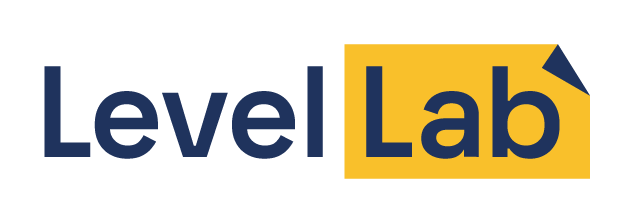Background
The ProgeTiiger program was launched in 2012 in order to develop students’ digital competence and technological literacy and to understand the nature of technology, its application, and development opportunities. The program’s resources have supported the development of teachers’ digital competence, promoted networks of teachers and instructors in the field, and co-financed the acquisition of equipment necessary for teaching.
Objective
The aim of the study was to assess how the ProgeTiigri program has contributed to the improvement of the quality and accessibility of technology education from 2018 to 2021. In addition, recommendations were provided for modifying program content activities and for follow-up actions.
Methodology
The study utilized both qualitative and quantitative data collection and analysis methods (document analysis, surveys, focus group and individual interviews). The survey involved teachers, educational technologists, and educational institution leaders from Estonian general education schools. Personal interviews were conducted with employees of the Ministry of Education and Research, the Education and Youth Board, and the ProgeTiigri program managers. The focus group was conducted with representatives and experts from universities, as well as with educational leaders and/or teachers actively involved in the program.
Benefits
As a result of the study, feedback was provided on the activities of the ProgeTiigri program during the period 2018-2021, and an assessment was made of how purposeful the activities have been and what improvements have been made in the quality and accessibility of technology education. Additionally, recommendations were provided on what changes could be made to the content activities of the program and how to proceed with the program.
Project contracting institution: Education and Youth Board
Project implementer: LevelLab
Duration: 01/2023 – 05/2023






